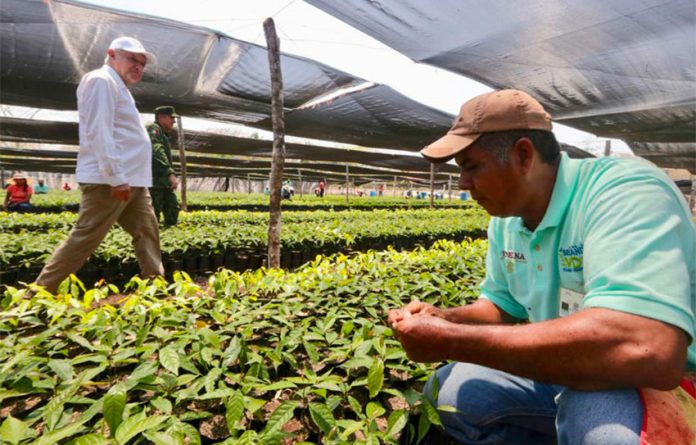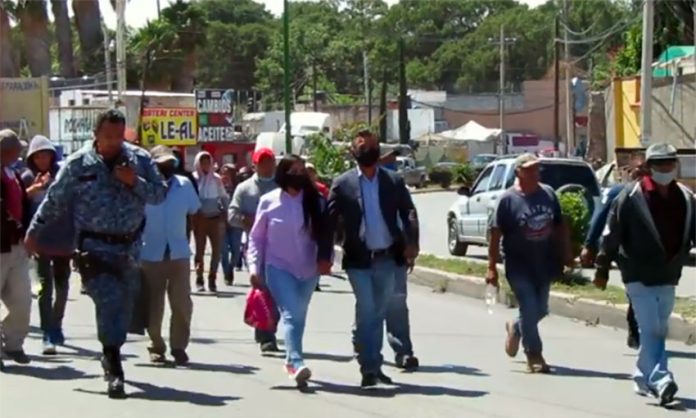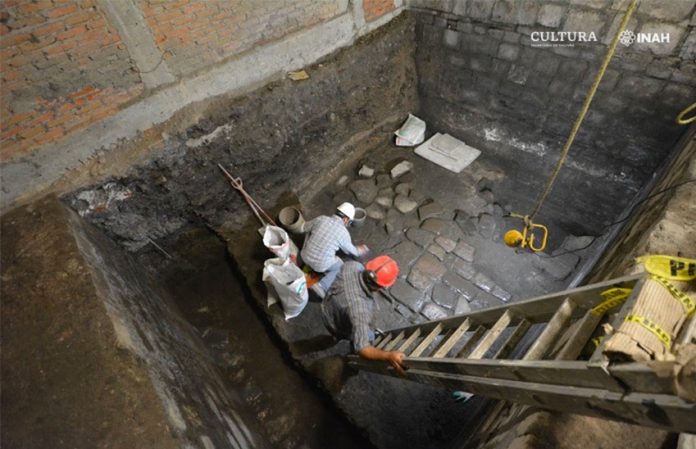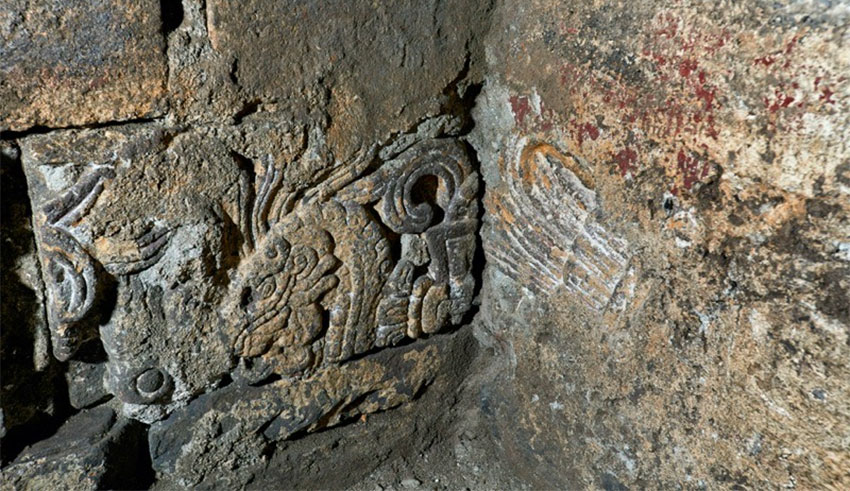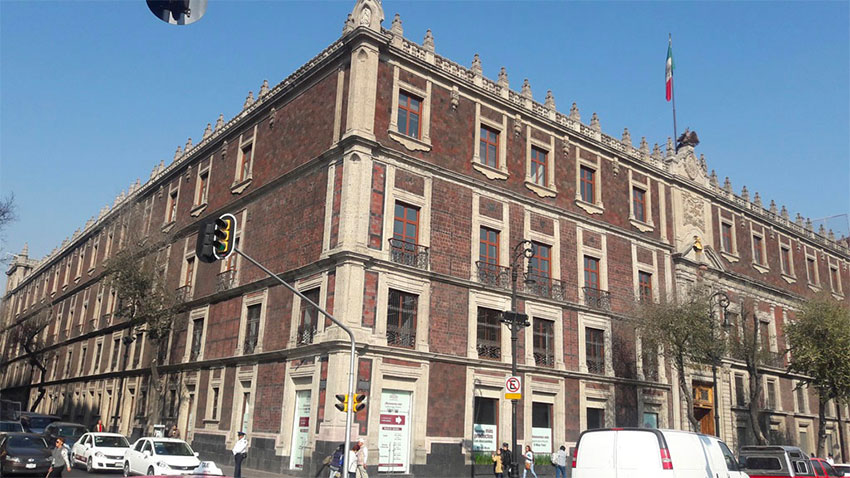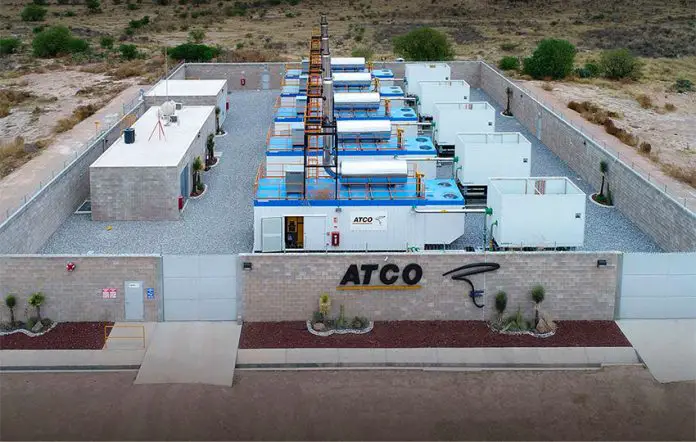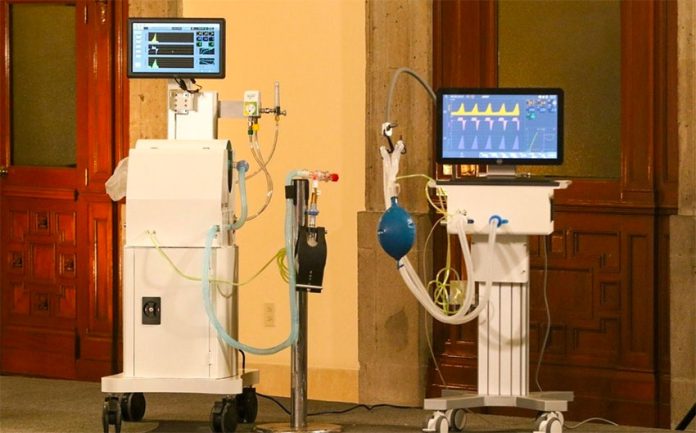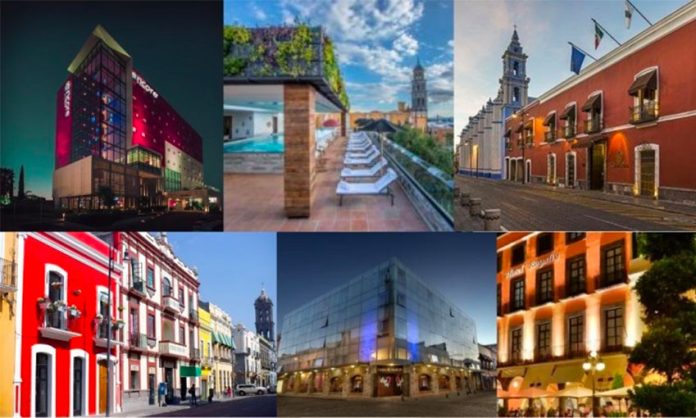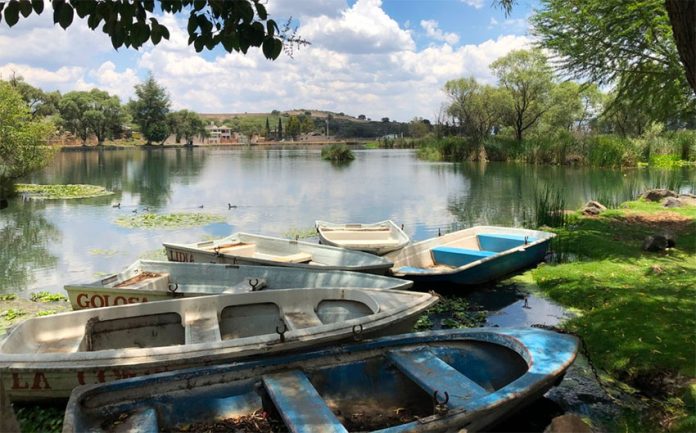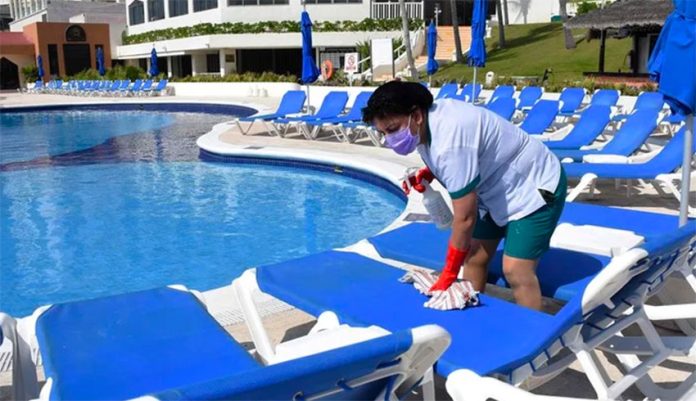Mexico needs to do more to create a welcoming environment for foreign investors, three former ambassadors said Monday.
Speaking during a virtual forum on the future of North America beyond the coronavirus pandemic and the ratification of the new free trade pact between Mexico, the United States and Canada, former U.S. ambassador to Mexico Roberta Jacobson said the Mexican government is failing to demonstrate that it really welcomes foreign investment.
Jacobson, ambassador between 2016 and 2018, said that Mexico needs to establish a level playing field on which foreign investors and their capital are not unfairly disadvantaged.
She said that she receives telephone calls on a daily basis from business people in the United States who complain about a “capricious and dark” business environment in Mexico.
“This is something that is very serious for the [foreign] companies that are already in Mexico,” Jacobson said.
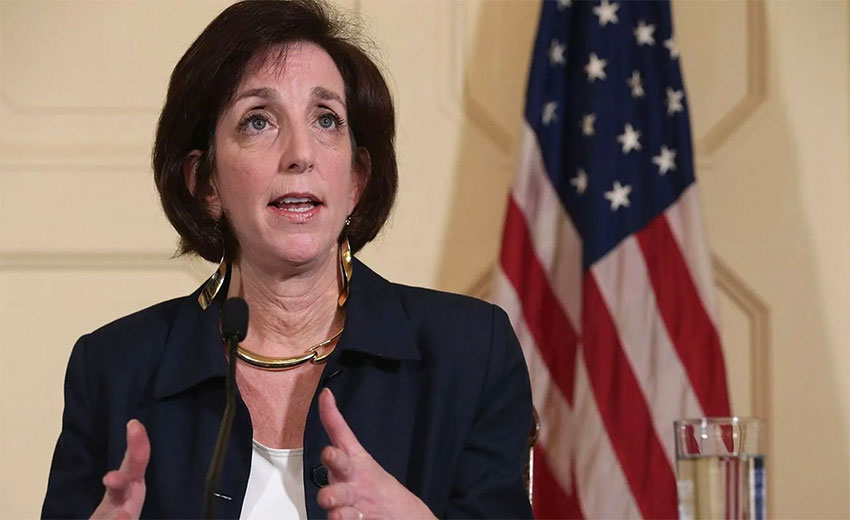
“I don’t know how many companies haven’t invested in Mexico [due to the unfavorable business environment], it’s a cost … that can’t be measured.”
The former ambassador said that Mexico still has an opportunity to attract more foreign investors but warned that they could choose to go elsewhere if investment rules remain unclear and subject to sudden change, and the legal system and security situation don’t improve.
Jacobson’s remarks came two weeks after her successor, Ambassador Christopher Landau, said that it’s not a good time to invest in Mexico. Specifically citing recent changes to energy policy, Landau said that the federal government failed to keep its pledge not to change investment rules that were in place when it took office in late 2018.
The “uncertainty” created by the government could be a barrier to increased investment, he said.
Speaking at yesterday’s forum, former Canadian ambassador Pierre Alarie expressed a similar sentiment, asserting that clear rules and a stable political environment are paramount to attracting foreign investment.
Alari, ambassador between 2015 and 2019, said it is incorrect to think that the new United States-Mexico-Canada Agreement, or USMCA, can fix the situation and that foreign investment will automatically flow into Mexico.
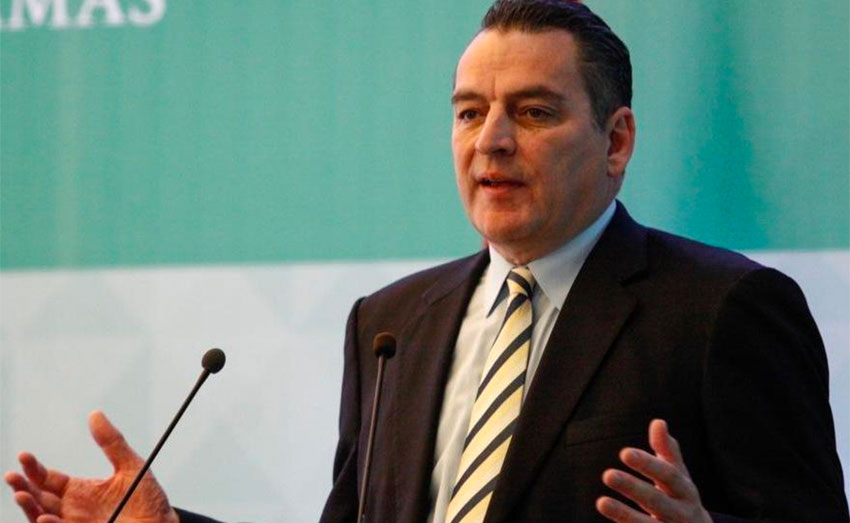
The USMCA isn’t a “panacea” and thinking that it is “would be to fall into a very big trap,” he said. “The political position, political openness [to foreign investment] is very important in any country.”
During the same forum, former Mexican ambassador to the United States Gerónimo Gutiérrez also said that the accord will be insufficient to attract foreign investment while there is still uncertainty.
“You have to do the work, investment won’t arrive on its own,” he said, adding that investment in infrastructure will help to attract foreign investors.
“Foreign companies make a checklist,” Gutiérrez said, explaining that they look at whether electricity and water is available at competitive prices in a country where they are considering investing and whether there are reliable communication systems.
He also said that they look at the capacity of ports while considering how they will bring supplies into the country. Having good infrastructure is “fundamental” to attracting investment, Gutiérrez said.
President López Obrador says that he welcomes foreign investment – and traveled to Washington D.C. last week to celebrate the entry into force of the USMCA alongside United States President Donald Trump – but some policies enacted by his government have made it harder for foreign companies to enter into and operate in some sectors of the Mexican economy, especially the electricity and oil industries.
Source: El Financiero (sp)

